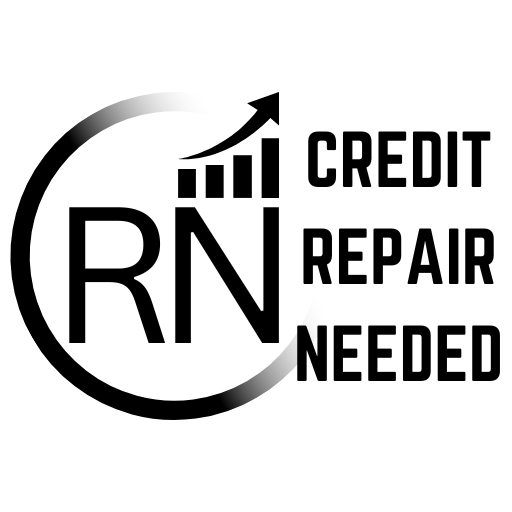nAVIGATE Debt Collection: The Processes and Strategies
Debt Collection: Rights and Responsibilities
Understanding Your Rights and Responsibilities in Debt Collection Management
What is Debt Collection?
What is a Debt Collector?
How Does the Law Protect You the Debtor?
The Fair Debt Collection Practices Act (FDCPA)
The FDCPA is a federal law that protects consumers from abusive, unfair, or deceptive practices used to collect a debt. Key protections include:
- Limiting when and how a debt collector may contact you
- Prohibiting harassment or abuse
- Restricting false or misleading representations
- Providing a process for disputing a debt
How Can I Validate My Debt
When a debt collector contacts you, you have “the right to request” debt validation. Here’s how:
- Within 30 days of first contact, send a written request for debt validation
- The debt collector must provide proof of the debt, including:
- – The name of the original creditor
– The amount owed
– Documentation supporting the debt - The collector must cease collection efforts until they provide this validation
Do This:
- Important: Always communicate with debt collectors in writing and keep copies of all correspondence.
Statute of Limitations on Debt Collection
What is the Satute of Limitations
The statute of limitations is the time period during which a creditor can sue you to collect a debt.
This varies by state and type of debt, typically ranging from 3 to 10 years. Key points:
- Once the statute of limitations expires, the debt becomes “time-barred”
- Collectors can still attempt to collect, but cannot sue you for the debt
- Making a payment or acknowledging the debt in writing can restart the clock on the statute of limitations
How to Approach Potential Lawsuits
Dealing with Lawsuit Threats
If a debt collector threatens to sue you:
- Request debt validation if you haven’t already
- Check if the statute of limitations has expired
- Consider seeking legal advice or credit counseling
- Do not ignore the threat, as this could lead to a default judgment against you
How to Deal with an Actual Lawsuit
Steps to Take if You're Sued for a Debt
When a debt collector sues you:
- Respond to the lawsuit, even if you believe the debt isn’t yours
- Gather all relevant documentation
- Consider hiring an attorney or seeking legal aid
- Explore settlement options before the court date
- Attend all court proceedings
Your Rights When Dealing with Debt Collectors
Remember, You Have The Right To:
- Request the debt collector to stop contacting you (they must comply, but can still pursue legal action)
- Specify how and when a debt collector can contact you
- Dispute the debt and request validation
- Be free from harassment, threats, and unfair practices
Warning:
- Be cautious of scams. Legitimate debt collectors must provide specific information about the debt and your rights. If something seems suspicious, verify the collector’s identity and the debt before providing any personal information.
Best Strategies for Dealing with Debt Collectors
Remember, You Have The Right To:
- Keep detailed records of all communications
- Know your rights under the FDCPA
- Dispute inaccurate debts promptly
- Consider negotiating a settlement or payment plan
- Seek professional help if you’re overwhelmed
Understanding the debt collection process empowers you to handle the situation effectively and protect your rights. If you’re struggling with debt collectors or need assistance in developing a debt management plan, don’t hesitate to seek professional help.
